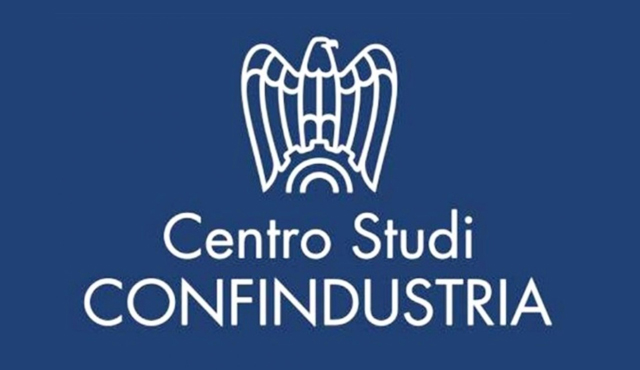With the 2024 Budget Law, the Italian government is looking to launch a package of tax incentives aimed at encouraging the return of Italian manufacturing activities from non-EU and non-EEA countries.
This initiative is part of a broader reform of international tax policy designed to make conditions more competitive for Italian businesses and strengthen the national industrial base. These measures are especially focused on incentivizing “reshoring,” meaning the return to Italy of companies that had previously offshored production.
The main goal of these incentives is to bring back to Italy parts of production that, over recent decades, had moved abroad to take advantage of lower labor costs or favorable taxes elsewhere. This trend, known as “offshoring,” increased the competitiveness of Italian products in international markets but also resulted in job losses and economic decline in some Italian regions.
To counter this effect, the government has introduced tax incentives specifically for reshoring. The term “reshoring” refers to the process of bringing production back home, where it can stimulate the local economy, encourage innovation and reinforce ties with Italy’s traditions of artisanal and industrial excellence.
Recently, the Centro Studi Confindustria (Confindustria Research Center) published a report analyzing the international strategies of Italian manufacturing companies, with a specific focus on reshoring processes. According to this study, 21% of companies that had previously offshored have now brought part or all of their production back to Italy. Additionally, 12% of businesses have planned to bring production back over the medium to long term (3-5 years).
These figures indicate a growing trend among Italian companies to relocate manufacturing activities back to Italy, highlighting both the effectiveness of fiscal incentive policies and the desire to strengthen the resilience of supply chains.
In the 2025 Budget Law currently under discussion, no specific changes are expected to the tax incentives for reshoring introduced in 2023 and the government continues to promote the return of manufacturing activities to Italy through various initiatives.
For readers of Italian origin, especially those living in the United States, these measures represent an opportunity to consider business prospects in Italy or, at the very least, to understand how their country of origin is changing. In short:
- Companies that choose to bring manufacturing activities back to Italy can benefit from a 50% tax discount on the Corporate Income Tax and the Regional Production Tax.
- This benefit applies for a period of six years, covering the year in which the transfer takes place and the following five years.
- Large companies, which generally require larger investments for relocation, can extend this reduction for a period of 10 years.
- Activities eligible for these incentives must come from non-EU or non-EEA countries and must not have been operating in Italy in the previous 24 months. This rule was established to prevent temporary or speculative reshoring, ensuring that companies establish a long-term presence in the country.
- If a company, after receiving the tax relief, decides to relocate its activity outside the EU or EEA within five years from the end of the incentive period, it must repay the tax benefits. This measure is intended to discourage very short-term operations and encourage stable, ongoing commitments.
These incentives are part of a targeted strategy by the Italian government aimed at several goals, such as supporting the national economy, creating jobs, increasing innovation, and enhancing the Made in Italy brand.
Italy has a long-standing tradition of excellence in many sectors, from fashion to precision mechanics, from agri-food to design. Bringing production back to Italy can help strengthen the Made in Italy image, ensuring that Italian products continue to represent quality, craftsmanship, and innovation.
Of course, companies interested in reshoring should carefully consider several factors, not only the tax advantages but also operational aspects such as transfer costs, compliance with Italian and European regulations, and a thorough market analysis.
However, these measures represent an appealing opportunity for those looking to start or maintain economic ties with Italy. This could be a favorable time to consider new investments, including collaborative ventures with Italian companies seeking partnerships or capital to expand their activities.
Send your questions regarding Italian law to cbortolani@aliantlaw.com and I’ll be glad to answer them.
The content provided in this Q&A column is intended solely for general informational purposes and does not constitute legal advice. The information presented here is not tailored to any specific situation or transaction and should not be relied upon as a substitute for professional legal counsel. Legal issues can vary widely based on individual circumstances and jurisdictional nuances. Therefore, it is crucial to consult with a qualified legal professional regarding your specific case or concerns. Please be aware that no attorney-client relationship is established by accessing or interacting with the information provided in this column. The column’s author and publisher disclaim any liability for actions taken based on the information contained herein.
 Fra Noi Embrace Your Inner Italian
Fra Noi Embrace Your Inner Italian







